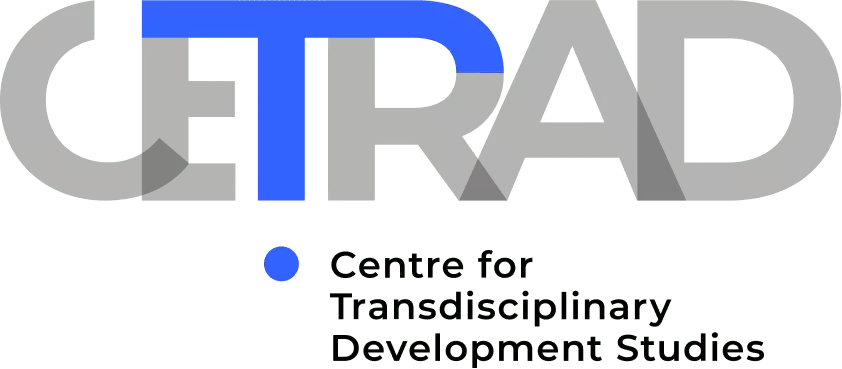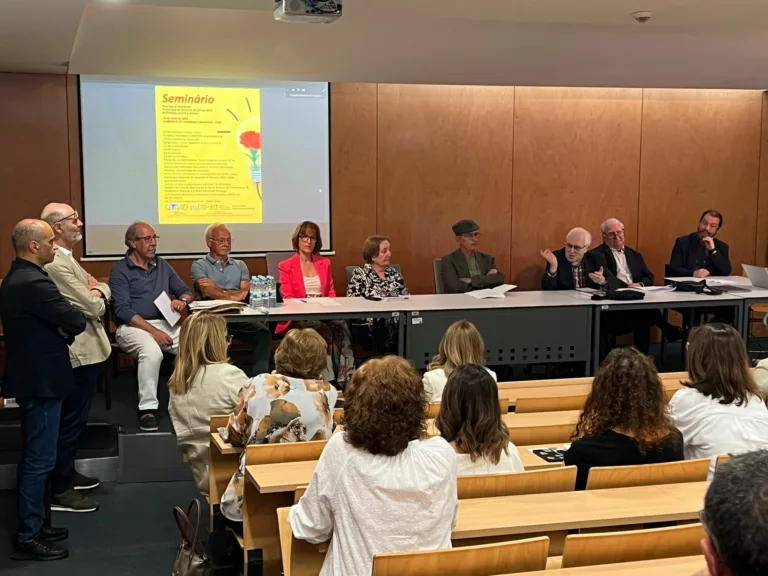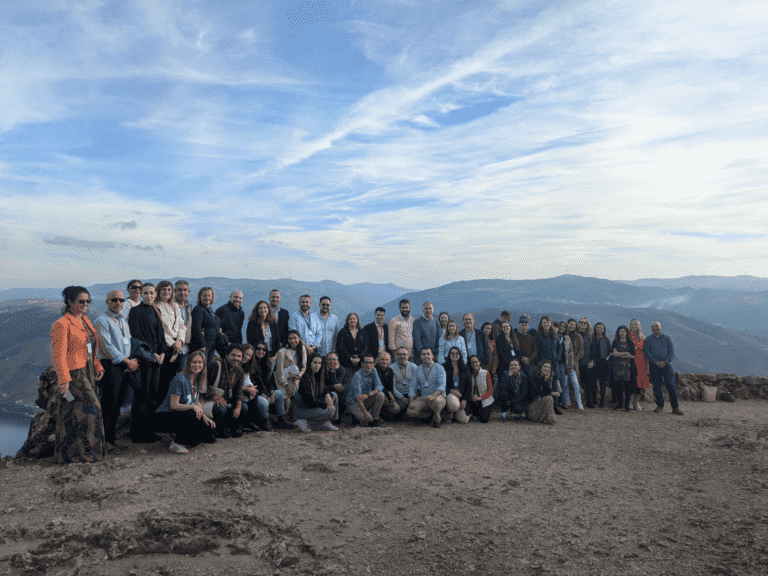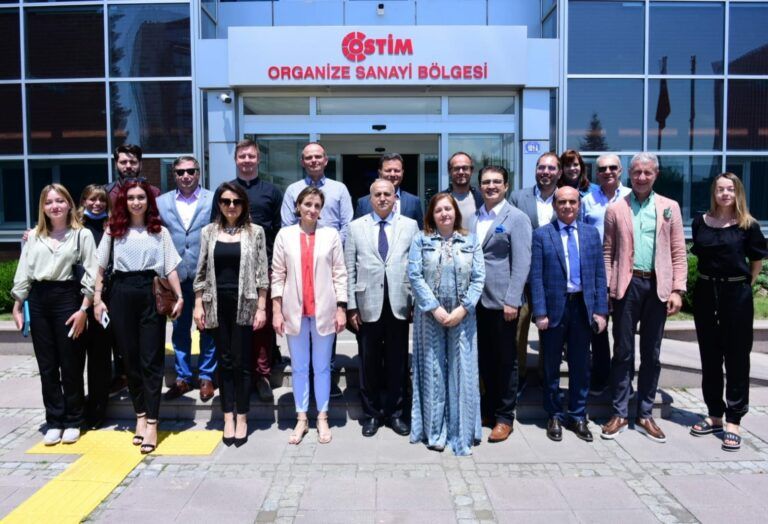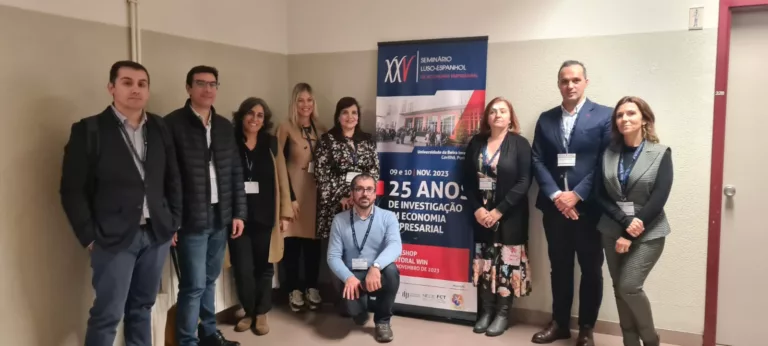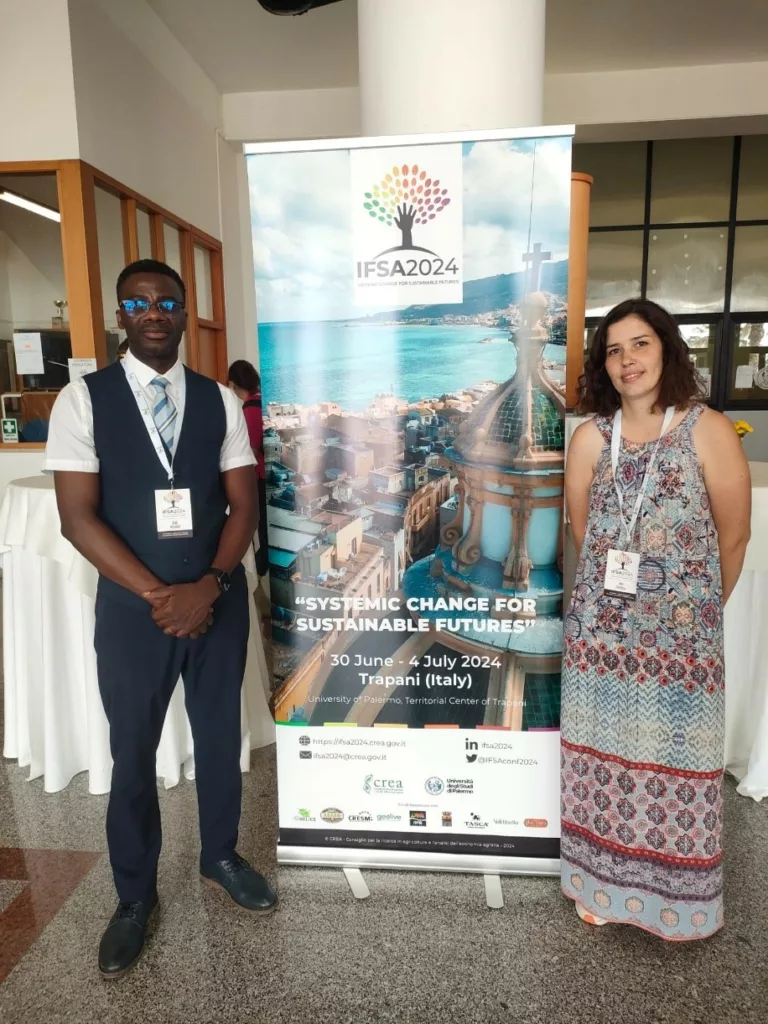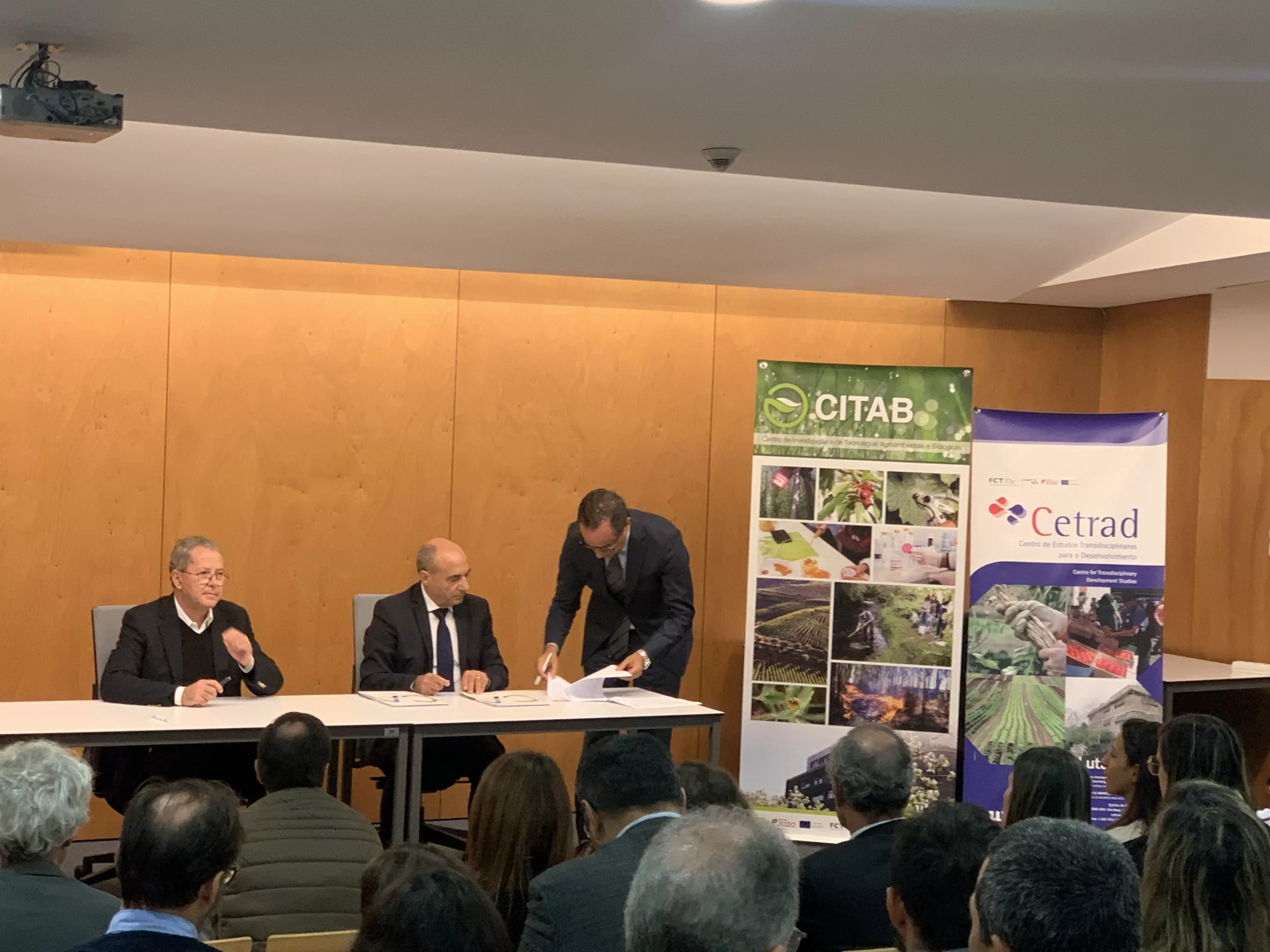
CETRAD organised an open discussion with local stakeholders about the challenges and potential solutions of sustainable development in the low-density regions of Trás-os-Montes and Alto Douro. The event took place on the 27th at UTAD, representing the different stakeholders in the quintuple-helix model: government, industry, university, civil society and the environment itself. The lively debate clarified the different perspectives of sustainable development and the current challenges of regional innovation. As a potential development path of regional sustainability, the participants debated the advantages of a local-knowledge-based development model. The seminar presented a great opportunity to understand better how connectivity, relatedness and embeddedness can contribute to overcoming the challenges of “low-density”. After the event, a lunch at the campus’ Panoramico restaurant provided the platform for further discussions and networking between the stakeholders to put the debated development model into practice.
The event also included a celebratory moment, when the University of Trás-os-Montes and Alto Douro (UTAD) and the Caixa de Crédito Agrícola Mútuo de Trás-os-Montes e Alto Douro (CCAM TMAD) signed an official Protocol for Scientific and Technological Cooperation. Under this protocol, Master’s and PhD students of UTAD will have the opportunity to apply for CCAM TMAD scholarships to support their research. Local news post on this event is here.
